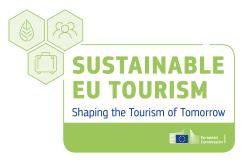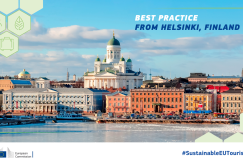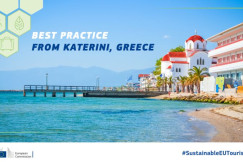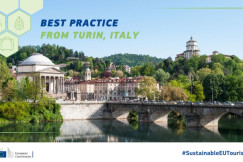Best practices
19 June 2025
Sustainable EU Tourism project - best practice: Azores
Best practices
19 June 2025
Adventure tourism
Coastal, maritime and inland water tourism
Ecotourism
+7 more
Login / create an account to be able to react
-
12
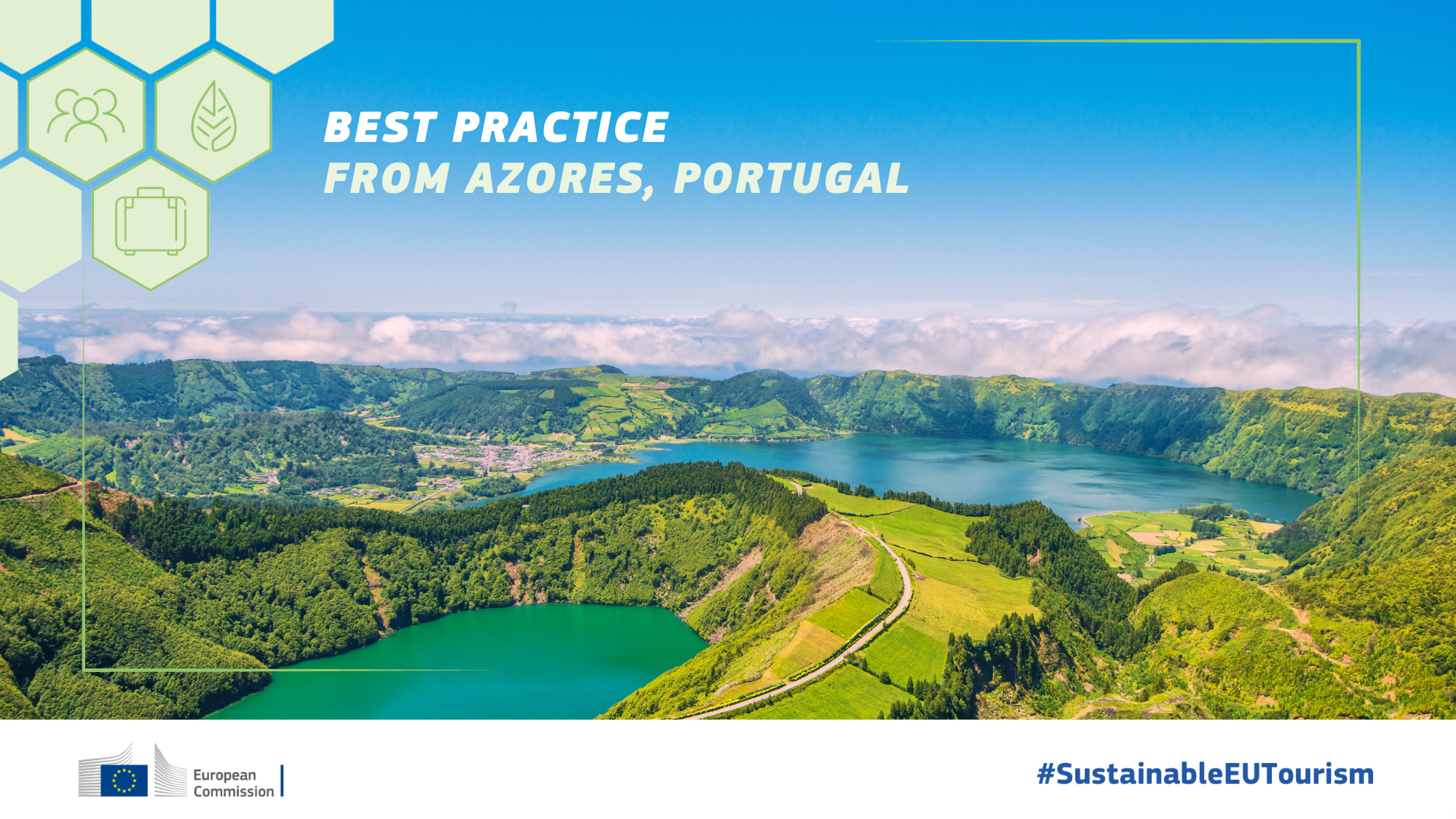
The Azores, Portugal, have implemented a pioneering sustainable tourism strategy to manage the rapid growth in tourism following the liberalisation of air travel in 2015. Through inclusive governance, stakeholder engagement, and international certification, the region has successfully aligned tourism development with environmental and social sustainability. The Destination Sustainability Action Plan 2030 is revised annually through a participatory process.
Topics
Portugal
Destination Management & Marketing Organisations
Regional Authorities
-
Specific types of tourism
-
-
Adventure tourism
-
Coastal, maritime and inland water tourism
-
Ecotourism
-
Rural tourism
-
-
Transition Pathway Strategic Areas
-
-
Best practices, peer learning and networking
-
Governance of tourism destinations
-
Tourism strategies
-
Well-being of residents
-
-
Business activities
-
-
Activities of associations and other organisations supporting tourism
-
Other
-
Share
The Azores, Portugal, have been recognised as a best practice by the Sustainable EU Tourism project for their comprehensive and inclusive approach to sustainable tourism. Faced with a surge in tourism after opening to low-cost airlines in 2015, the Azores initiated a collaborative governance model in 2017 to ensure sustainable tourism growth.
Three working groups – comprising local communities, public sector “green teams,” and private companies – were established to co-create solutions. These efforts were guided by EarthCheck and GSTC criteria and supported by the Destination Sustainability Action Plan 2030, which is revised annually with stakeholders’ input. The Azores also launched a Sustainability Charter, offering SMEs training and tools to implement and report on ESG indicators via an interactive platform.
The region’s achievements include certification as the world’s first “Sustainable Destination” archipelago according to the Global Sustainable Tourism Council (GSTC) criteria, improved environmental management, and enhanced stakeholder collaboration. More than 350 individuals and companies have been empowered through this initiative, contributing to systematic nature conservation and increased sustainability awareness across sectors.
This best practice demonstrates how strong political leadership, inclusive governance, and international certification can drive sustainable tourism. It highlights the value of long-term planning, stakeholder empowerment, and data-driven management in achieving a resilient and environmentally responsible tourism model.
For more details on the key challenges the destination has faced, and the solutions implemented to address them, please refer to the attached document.
#Destination management #Sustainable tourism #Community engagement #Stakeholder engagement #Sustainable destinations #Tourism development #Responsible travel #Innovation in tourism
Documents
Comments (0)
Related content
See also
-
14
Sustainable EU Tourism - Key challenges and best practices
- Categories
- Coastal, maritime and inland water tourism Cultural tourism Ecotourism +64 more
-
24
EXPERIENCE: Completed initiative for boosting off-season tourism
- Categories
- Coastal, maritime and inland water tourism Cultural tourism Ecotourism +38 more
-
35
Crisis Management and Governance in Tourism project: Local Coordination between ski destinations
- Categories
- Ecotourism Education tourism Mountain tourism +10 more


